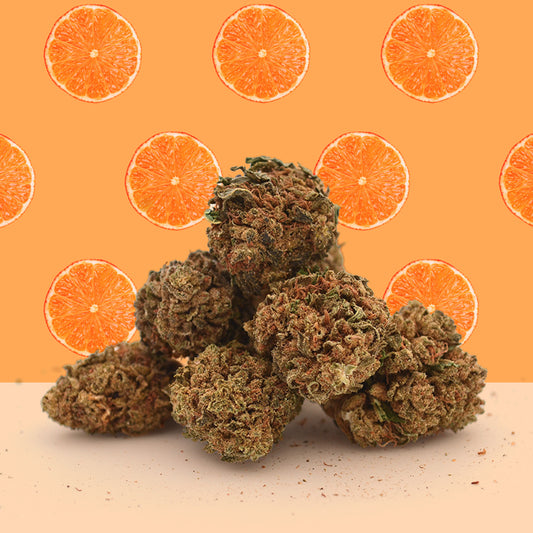CBD, or cannabidiol, is a natural component of cannabis that is attracting a great deal of interest for its potential health benefits. As a cannabis-derived product, CBD is increasingly being grown hydroponically, an innovative cultivation method that offers many advantages over traditional soil-based methods. In this article, we explore hydroponic CBD cultivation, its benefits and its role in the fast-growing cannabis industry.
Understanding hydroponics
Hydroponics is a soil-less growing method in which plants are fed by a solution of water and nutrients. This technique has gained in popularity due to its ability to optimize plant growth by controlling environmental factors such as light, temperature and humidity. Hydroponic plants are grown in an inert substrate such as rockwool, perlite or coconut fiber, eliminating the need for soil.
The advantages of hydroponic CBD cultivation
Hydroponics offers several significant advantages when growing CBD:
-
Precise control of the environment: Using hydroponic systems, growers can fine-tune light, water, nutrient and CO2 levels. This helps optimize plant growth and achieve higher yields.
-
Faster growth: Plants grown hydroponically tend to grow faster than those grown in soil. This accelerated growth allows growers to harvest more frequently, increasing productivity.
-
Efficient use of water and nutrients: Hydroponic systems recycle water and nutrients, significantly reducing water consumption compared with soil-based cultivation. This contributes to more sustainable, environmentally-friendly cultivation.
-
Reduced risk of disease and pests: The absence of soil reduces the risk of soil-borne diseases and pests. This allows growers to minimize the use of pesticides and fungicides, which can make the CBD produced safer and of better quality.
The future of hydroponic CBD cultivation
The CBD industry is booming, and hydroponics is playing an increasingly important role in its growth. The advantages of this cultivation method are increasingly recognized by growers, as it enables high-quality CBD flowers to be produced more efficiently. What's more, hydroponics offers a flexibility that allows growers to adapt to changing market needs.
It's worth noting that hydroponic CBD cultivation is not without its challenges. Initial set-up and running costs can be high, and it requires more specialized expertise than growing in soil. However, more and more growers are investing in this method to maximize the quality and quantity of their harvest.
In conclusion, hydroponic CBD cultivation represents a major innovation in the cannabis industry. It offers significant advantages in terms of yield, quality and sustainability. As demand for CBD continues to grow, it is likely that hydroponics will play an increasingly important role in the production of this valuable substance.


![Trim CBD 🧉 [Greenhouse]](http://mamakana.com/cdn/shop/files/TrimCBD_1_62bc19c6-8b2f-416e-aa10-70da357ae351.jpg?v=1720017738&width=533)



![Banana Cream CBG 🍌 [Greenhouse]](http://mamakana.com/cdn/shop/files/banana.jpg?v=1683038126&width=533)



